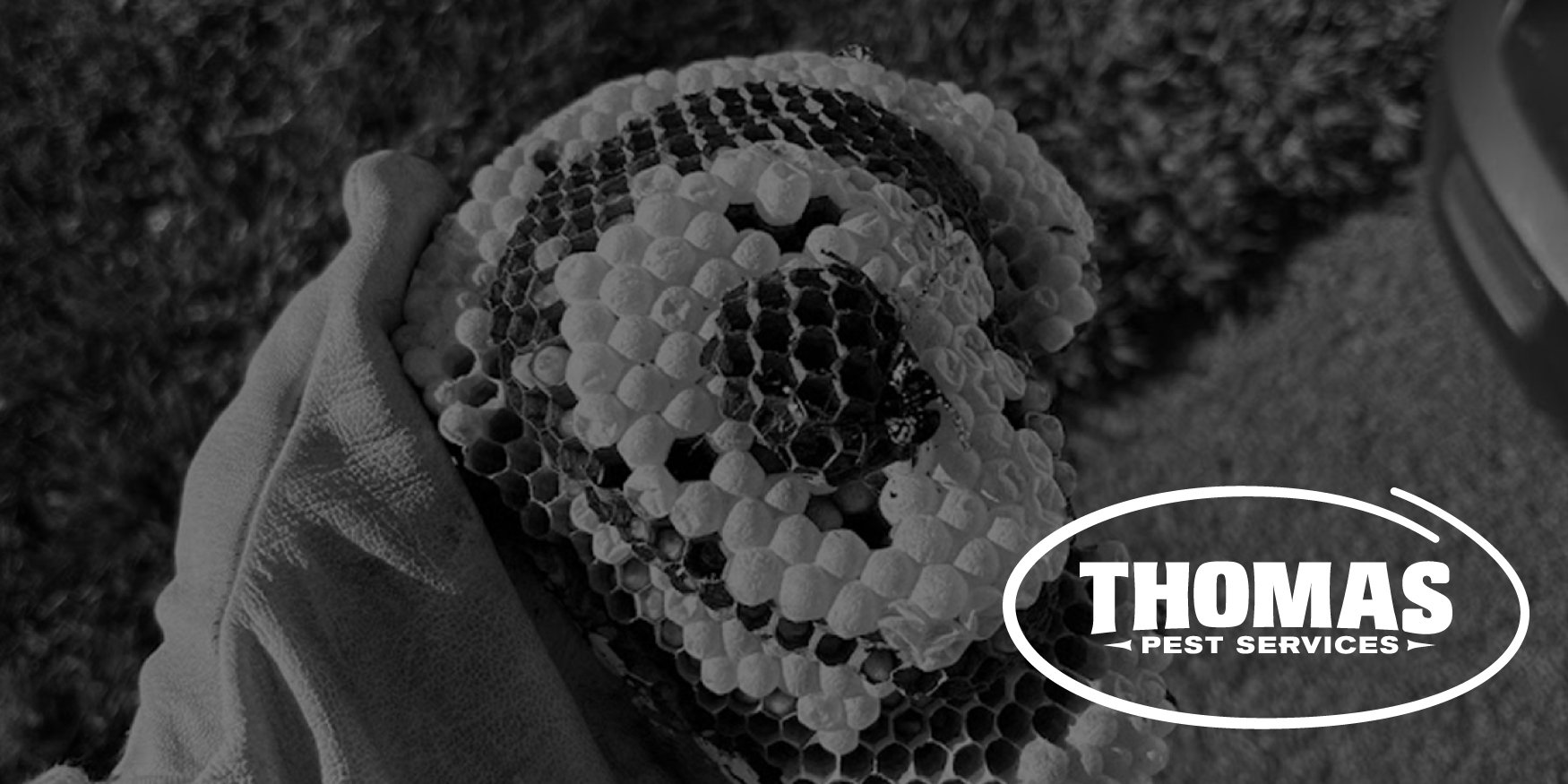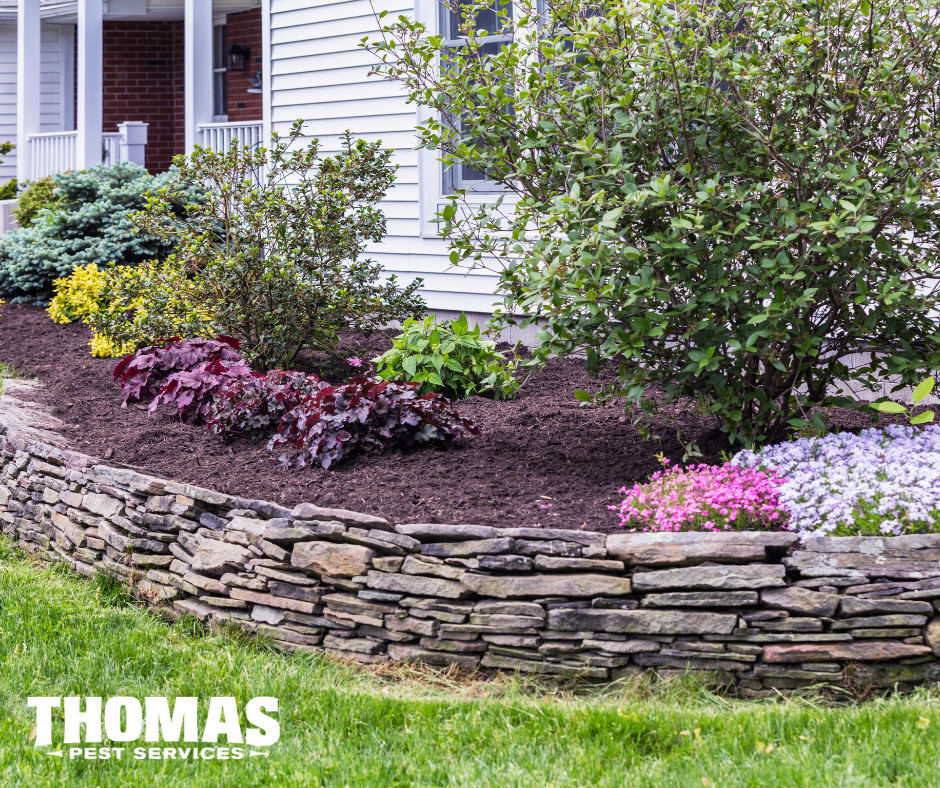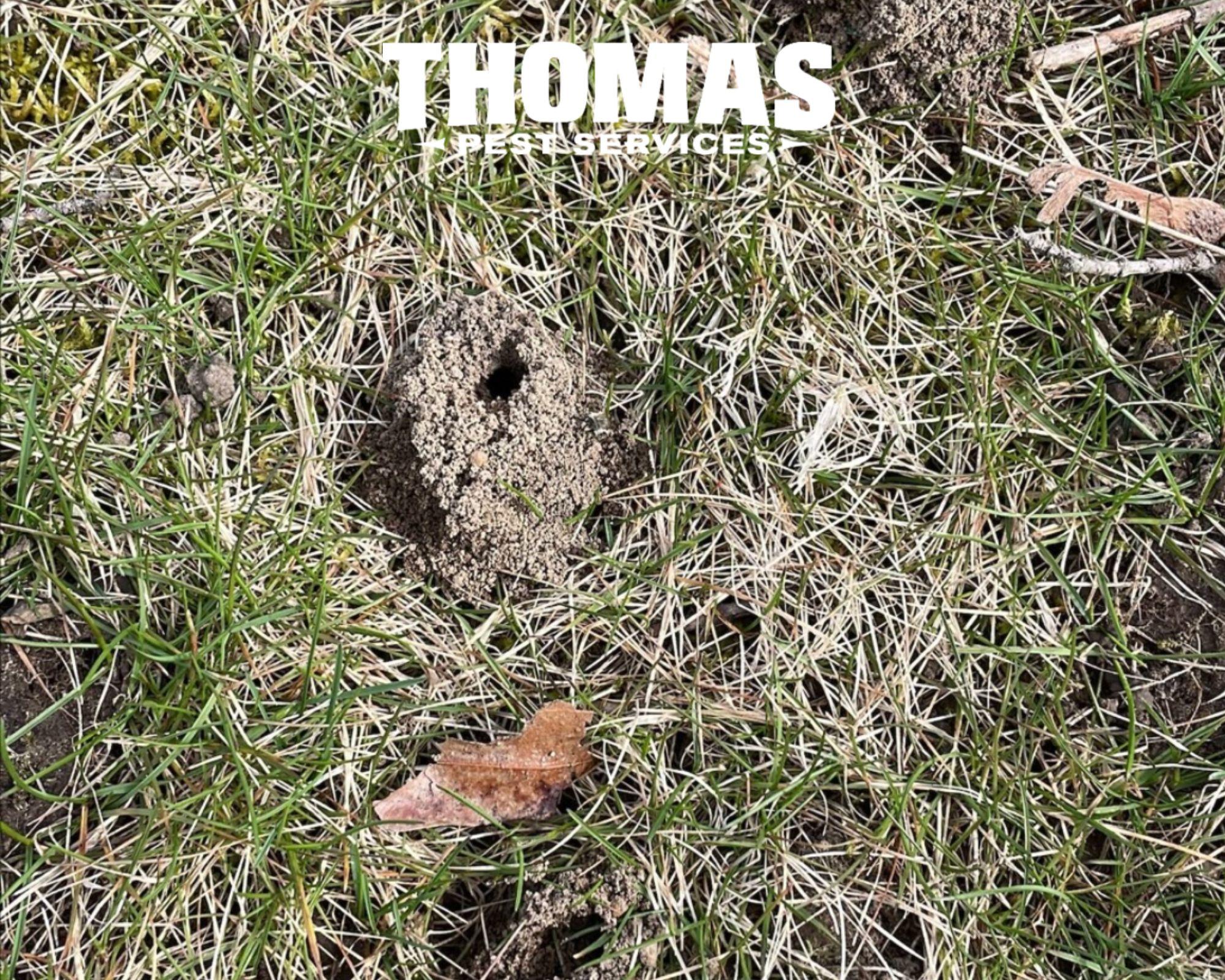Don’t Let Spring Invaders Ruin Your Garden!
For many Capital and Adirondack Region residents, the arrival of spring is a signal to dig out the gardening tools and get to work. We love to plant flowers, herbs, vegetables, and more. In our region, snap beans, carrots, radishes, peppers, salad greens, and smaller varieties of tomatoes usually thrive.
As you prepare for spring planting, we offer some tips for a productive garden:
- Watch out for late frosts since that can damage your tender seedlings, and consider starting the seeds indoors before transplanting them outdoors later.
- Consider what vegetables and flowers make good neighbors and which do not. For example, onions and beans don’t thrive near each other. Tomatoes are generally not friendly to other vegetables, especially those that are similarly heavy users of soil nutrients, like brassicas and corn. Potatoes can also diminish the health of neighboring crops like zucchini.
- Pair some vegetables and flowers for enhanced productivity. For example, add marigolds to the base of tomato, pepper, and squash plants to repel nematodes. Similarly, lavender is known to repel moths, flies, fleas, and mosquitos, while sage discourages snails, cabbage moths, and beetles. Other helpful flowers include catmint, which deters aphids, potato and cucumber beetles, squash bugs, and flea beetles. Borage (a lovely, if not well-known, flower) keeps cabbage worms and tomato hornworms away. The scent of geraniums discourages mosquitoes, ants, fleas, and leaf hoppers.
- Be careful with new mulch. Many gardeners like to start the season with a fresh layer of mulch. It looks good, feeds the soil, conserves water, and eventually breaks down into nutritious compost. However, mulch also attracts pests. Consider using less, keeping it away from your home, and removing the old mulch before adding a new layer.
What damage will insects cause?
Different pests harm your garden in various ways. For example, aphids are tiny insects that may or may not have wings and come in multiple colors. They suck juice from growing plants, often on the underside of leaves or new shoots. Ladybugs are natural aphid enemies, so attracting those to the garden can help.
Cabbage worm caterpillars are about one inch long and typically appear light green. They eat cabbage and other cabbage family members, including broccoli, kale, radishes, turnips, and Brussels sprouts. An excellent way to reduce the cabbage worm caterpillar infestation is by attracting birds to eat them.
Which insects are helpful to gardeners?
In addition to ladybugs (attract those to your garden with cilantro, dill, and angelica, or just buy a batch of young ladybugs at the garden store), dragonflies eat mosquitoes and aphids. The nematodes mentioned earlier as potentially dangerous to plant roots also have a positive garden impact, killing grubs, beetles, and weevils below the soil.
Don’t forget bees. Bees are essential for pollination, so be kind to these little stinging insects.
What’s the best way to eliminate garden pests?
You may be tempted to go the “DIY” route and spray your garden with pesticide if the other measures you have taken are ineffective. If you do, be careful. Buying off-the-shelf pest control sprays may cause unintended consequences. Consider using a professional pest management company like Thomas Pest Services.
Our experts will identify the specific problem and treat it without causing harm to crops, pets, or your family. Our pest control experts will assess the problem and provide options and a cost estimate for extermination.
Also, for homeowners who prefer a natural solution, we offer a green approach to our pest control services, using Octopamine, which does not affect mammals, birds, or fish because it targets the insect’s exoskeleton. Call for a complimentary inspection and proposal today.




